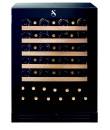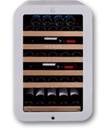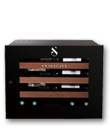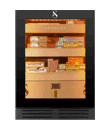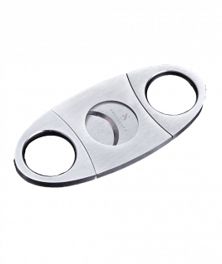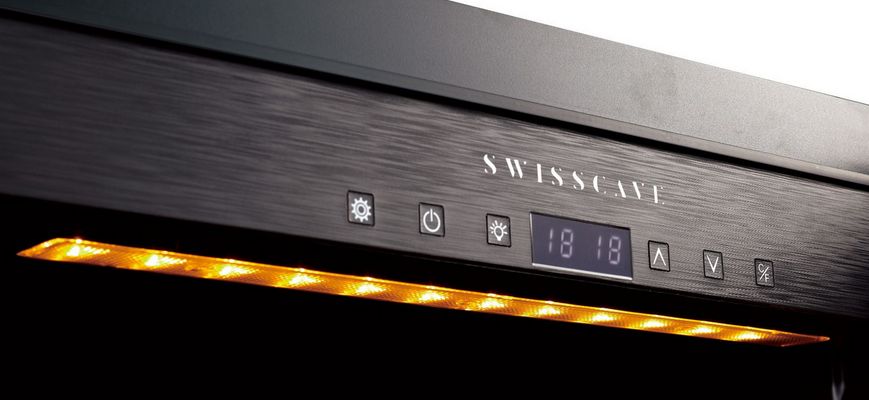
- Home
- My wine refrigerator makes noise

Compressor – based cooling appliances have many advantages: long life and relatively high energy efficiency while running at full capacity. However, compressor cooling units, depending on unit use, make more noise than thermo-electric cooling appliance. The sounds emitted by a compressor are similar to the noises a regular kitchen refrigerator makes every day. But since refrigerators are often built into kitchen cabinets which absorb sound, noise level they produce is barely noticeable. We therefore do not recommend setting up wine coolers in the living room, unless they are part of a larger built-in cabinet with sound proofing.
With compressor-driven appliances, a certain amount of noise is unavoidable. The sound emitted by compressor appliances should be a dull, persistent hum. If the noise emitted by a wine cooler is notably loud, or if it sounds metallic or clanking, it could be that the compressor has slightly slid off of its rubber padding during transport, and that is now vibrating against the back of the wine cooler or another metal component. This can be easily fixed by moving the compressor back to the middle of the rubber padding and making sure that the compressor does not come into contact with any of the fixed parts of the wine cooler.
Moreover, it is possible that the fan makes a scraping sound when the fan blades come into contact with part of the cooler. If this happens, the problem can be fixed by replacing the fan.
To fundamentally reduce the noise of a wine cooler, we recommend placing the unit in an adjoining room, hallway, or even the basement. Another option is to have it built into the kitchen or other cabinet units to reduce the noise level. If you choose this option, it is important to make sure the air circulation behind and underneath the unit is not compromised.


